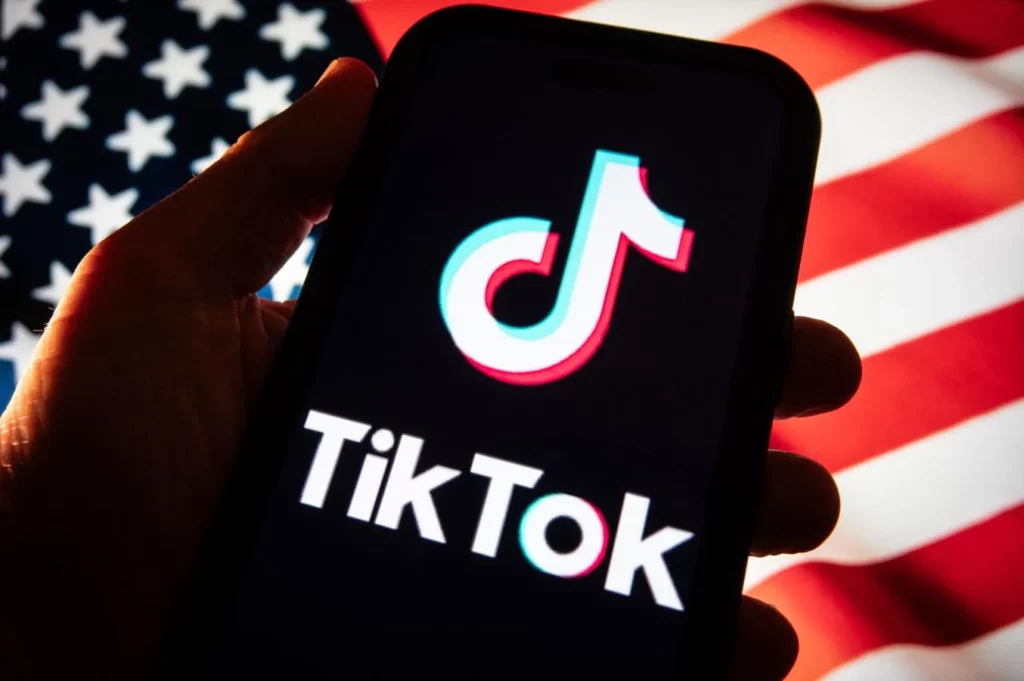
“The Boy Who Cried Wolf”: What Happens If TikTok Gets Banned — And No One Believes It?
When the news of TikTok’s potential ban in the United States broke, many predicted a frenzy of apathy and disbelief. And it seems they were right. Experts warn that the likelihood of a successful ban is dwindling due to the widespread skepticism surrounding the platform’s previous false alarm.
“There was also a trend of spilling secrets because they thought the content would be gone on January 19,” notes Dr. [Name], an assistant professor of Communications and Language at Bryant University specializing in digital culture and online discourse. “An anecdotal conversation has implied that TikTok feels different from before — it feels more like a glorified shopping mall, and less a platform for people to be entertained and meaningfully connect with each other.”
The consequences of a lack of engagement are dire: any significant disruption to the app’s operation could trigger widespread abandonment by users. “If the buyer can ensure no major disruptions in the app’s user experience,” says C.L. Mike Schmidt, civil trial attorney, “they’ll have a better chance at long-term success, but any drastic changes could easily backfire with users quickly abandoning a platform they once enjoyed.”
As the clock ticks down on the potential ban date of June 19th, there is no sign of panic or urgency from the platform’s user base. The ‘boy who cried wolf’ analogy is apt: we’ve been here before, and it seems that many have lost their appetite for alarmist responses.
The question now becomes what happens if TikTok does get banned? If so, what are the potential consequences on the digital landscape?
For one thing, there’s a risk of a mass exodus to other platforms. As co-founder of Schwarzwald Capital, Murad Salikhov warns that creators and businesses should prioritize cross-platform strategies as early as possible. “Stay on top of what’s happening,” advises Greg Song, an expert on emerging media, who believes a change in ownership could impact the platform’s operation if it hasn’t already.
On the other hand, there are reports that several potential suitors are circling, such as Oracle and Amazon, which means that even a ban would not be the end of TikTok. If so, what will this mean for the industry?
“It’s important that it leads to a more comprehensive conversation about privacy rights, data protection, and the role of government in regulating digital platforms no matter where they come from,” emphasizes Jean-Paul Schmetz, CEO of open-source application Ghostery and board member at Brave.
And finally, the question remains what will happen if TikTok doesn’t get banned? The likelihood is that the current impasse could lead to a ‘business as usual’ scenario.
Source: https://www.forbes.com/sites/anishasircar/2025/04/15/the-boy-who-cried-wolf-what-happens-if-tiktok-gets-banned—and-no-one-believes-it/


